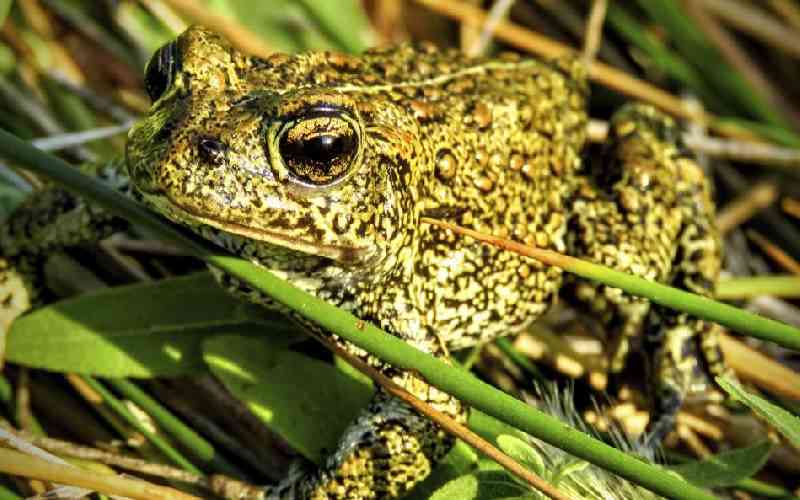×
The Standard e-Paper
Join Thousands Daily

A tiny Nevada toad at the centre of a legal battle over a geothermal power project has officially been declared an endangered species, after US wildlife officials temporarily listed it on a rarely used emergency basis.
"This ruling makes final the listing of the Dixie Valley toad, " the US Fish and Wildlife Service said in a formal rule published on Friday in the Federal Register.







